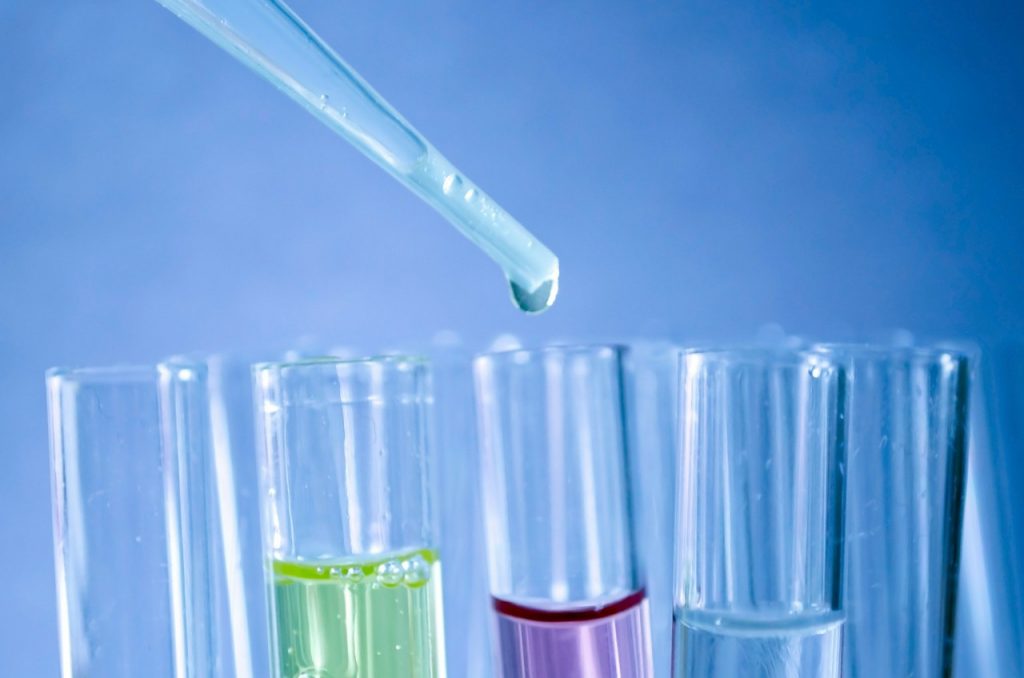Water Quality Testing Kits for Home
In India, one of the first questions every new homeowner wants to be answered is the quality and abundance of water in his new home. Your home could have access to water from two sources – water piped in by the municipal board, or water is drawn up from the ground, either from conventional wells or bore wells. Almost every country has a Law in place for clean and pure water. Such Laws require its citizens to be provided with water that meets a certain basic minimum standard of clean and pure drinking water. A good example is the clean water act passed by the US government, in 1972.
Therefore, while water provided by your municipality undergoes cleaning, you might often prefer to have a further water purification process in place, to account for organic and mineral contaminants resident in old pipes, tanks, and similar large storage devices. Similarly, water drawn up from groundwater sources should also go through assessment and necessary purification before it is used for consumption.
An article in WebMD says: ‘Water can be contaminated in several ways. It can contain microorganisms like bacteria and parasites that get in the water from human or animal fecal matter. It can contain chemicals from industrial waste or from spraying crops. Nitrates used in fertilizers can enter the water with runoff from the land. Various minerals such as lead or mercury can enter the water supply, sometimes from natural deposits underground, or more often from improper disposal”
This means that, before you choose the appropriate water purification system for your home, you must first gain an understanding of the quality of water available to you. Does my water look clear? Does it have an unpleasant taste or odor? Is it likely to have deadly invisible pathogens, or minute chemical or metal particles that could harm your health in the long run?

Often, a simple home assessment kit can answer most of these questions, and give you a realistic picture of how safe your water is for you and your family.
How to Test Water at Home With a Water Test Kit?
Unlock the secrets of your water quality from the comfort of home with a water test kit! Dive into effortless testing by grabbing a kit equipped with strips or reagents for various parameters. Simply scoop up a sample of your water into a pristine container, capturing its essence. Submerge the test strip or mix the magical reagents into the liquid, following the kit’s instructions. Watch as the colors dance and transform. With anticipation, match the vibrant hues to the provided chart, revealing the water’s secrets: pH levels, chlorine content, hardness, and more. Empowered with knowledge, take charge and ensure your water’s purity for a healthier, brighter life!
Your kit can involve the following items:
Pathogen Test Kit
This will help you detect the amount of oxidizing and non-oxidizing biocides in your water, and give you an understanding of the amount of microbiological activity in the water available to you. This is a field analysis kit and is usually suitable for homes as well as industrial sites.
Corrosion Monitoring
A range of products is available to monitor the amount of corrosion that your water might be causing, on commonly used metals such as steel, aluminum, copper, and brass.
Comparison Tests
Test kits are available to analyze water for a broad range of chemical parameters. These kits provide a reasonably accurate assessment of the spectrum of chemicals present in the water and are used not only to assess drinking water but also to assess the suitability of water for certain industrial purposes.
Also Read: Metros Fail the Water Quality Test- What Can you do to Stay Safe?
Alternative to the above, cheaper, easier-to-use test blocks can be procured, which are quite dependable to check for common chemical parameters, including ammonia, chlorine, nitrates, and phosphates. For the same purpose, test strips are also available, that help test water for hardness, metal and mineral presence, as well as other chemical contaminants.
Apart from these, today you can access several hand-held devices such as pH meters that allow you to understand the acid and base levels of your water, and turbidity meters that help you understand the cloudiness of your water that may not be fully visible to naked eye.
To test the TDS (Total Dissolved Substances) in your water, pocket TDS meters are available, and similarly, chlorination tests are available to check if the chlorination levels in your water are at acceptable standards.
While many of these are available at a very low cost, it is important to ensure that you purchase and use high-quality testers, so that there is no compromise in the quality of assessment that is done.
Frequently Asked Questions
1. How can I check if my water is good?
To check the quality of your water, observe if it appears clear and free from visible impurities or discoloration. Smell the water to ensure it doesn’t have a strong or unpleasant odor. Consider using water testing kits or sending a sample to a certified laboratory for a comprehensive analysis of bacteria, chemicals, and minerals. Consulting with local water authorities or experts can provide valuable insights on water quality in your area. Regularly maintain your water source for cleanliness and functionality.
2.What are the three tests for water?
Three common tests conducted for water quality assessment are pH test, Total Dissolved Solids (TDS) test, and microbiological test. The pH test measures water acidity or alkalinity, while TDS test determines the concentration of dissolved substances. Microbiological tests identify harmful microorganisms in water. These tests provide valuable information about water quality and help ensure its safety for various purposes, including drinking, irrigation, and industrial use.
3. What are the different types of water testing kits?
There are various types of water testing kits available. Some common ones include pH testing kits, chlorine testing kits, hardness testing kits, bacteria testing kits, and comprehensive water quality testing kits. Each kit is designed to assess specific parameters or contaminants in water. These kits may include test strips, reagents, or specialized equipment to provide accurate results. Depending on your needs, you can choose the appropriate water testing kit to analyze the desired aspects of water quality.





